The five biggest travel myths busted
We quash some of the most common traveling myths around and reveal the truth behind them
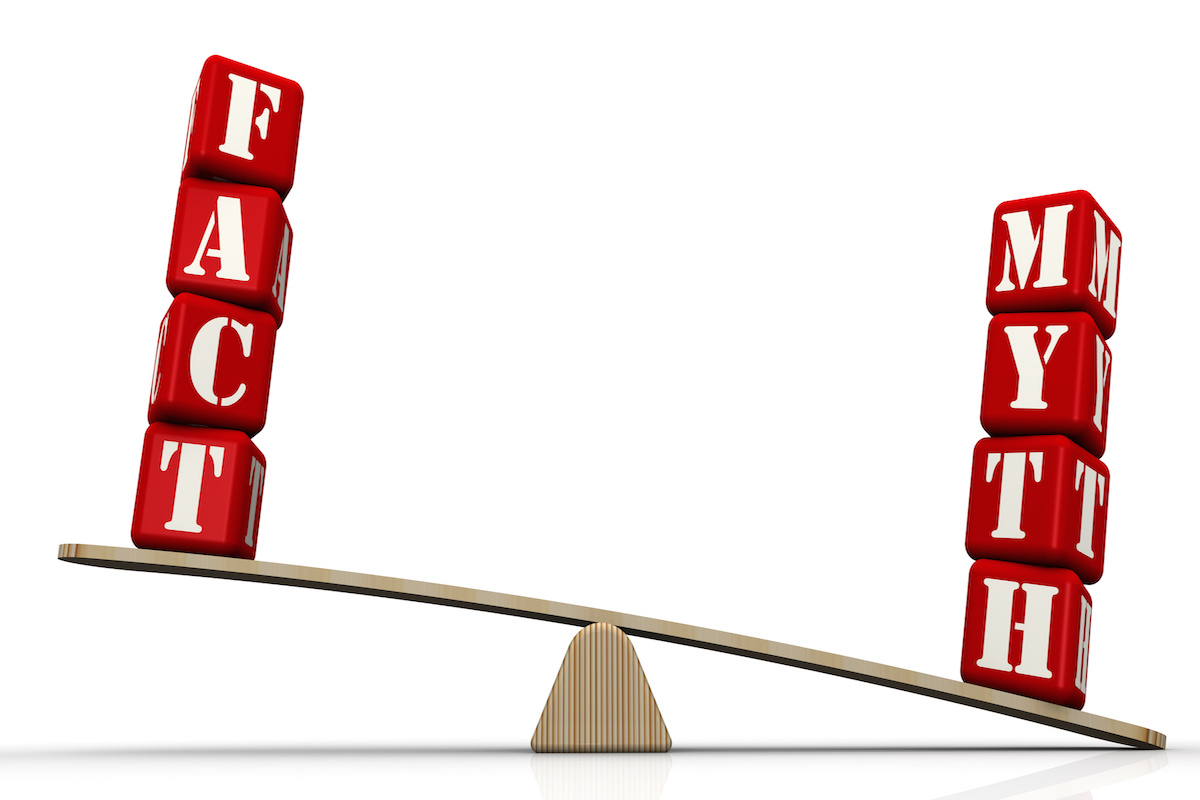

There are so many myths around travel - both when you're looking at it from a business and pleasure point of view - but it would seem not everything you're told is true.
We reveal the truth behind some of the most convincing travel myths of all time.
English is widely spoken abroad
Although English is the most spoken language around the world, especially in business, you may be surprised to find that actually not everyone can speak it.
If you're heading to Asian country in Asia, particular, it's wise to learn the basics so you can find your way around and be able to communicate effectively in the case of an emergency. Plus, it's polite to speak the local lingo and shows you have a genuine interest in the country's culture.
Exchange rates are better at home than abroad
More often than not, the exchange rates in the UK are worse than they are at your destination. This is because foreign exchanges on home turf charge commission on each transaction and also give you a worse exchange rate in order to make a profit.
Get the ITPro daily newsletter
Sign up today and you will receive a free copy of our Future Focus 2025 report - the leading guidance on AI, cybersecurity and other IT challenges as per 700+ senior executives
Don't be misled by commission-free deals either. Often these exchange outlets have the worst rates. In many cases, the cheapest way to get foreign currency is actually using your card at an ATM in your destination country, because your bank will give you the best rate. What's more, even if there's a fee, it's most likely to be lower than a currency exchange charge.
Jet lag is caused by no sleep
Many people think jet lag is caused by lack of sleep and the exhaustion of travelling. However, it is actually caused by your body clock adjusting to timezones.
For example, if you're taking a long haul flight, where the time difference is more than a couple of hours, you can, essentially, lose 12 hours of your day. Your body thinks it's night, but it's actually the daytime or vice versa and this can disrupt your sleep pattern.
The best way to overcome jet lag is to live by the time in the country you're in, resisting sleep even if you feel you need it. Even if you hit the sack an hour or two earlier than usual, your body clock will adjust much quicker. If you're struggling to sleep at night, take a herbal sleeping tablet to help your body rest.
Using your phone in the air will make the plane crash
Let's get this straight: One person using their phone on an aeroplane will not make the plane crash. Furthermore, a passenger using a mobile phone has never caused a plane to plummet to earth or even equipment to malfunction.
In fact, some planes allow you to use your phone onboard, despite charging colossal prices for the service. The reason you are told to turn off your phone during takeoff and landing is because it could interfere with navigation equipment, although not enough studies have been carried out to legitimise this.
You shouldn't drink tap water in foreign countries
In most developed countries around Europe, the US, Australia and some parts of Asia, tap water is fine to drink. You may find it tastes odd compared to water in the UK and this might put you off, but different countries add and remove composites that changes the end taste.
However, it's still perfectly safe to drink and will seldom make you ill. If in doubt, purchase a filter bottle to remove any impurities and improve the flavour.

Clare is the founder of Blue Cactus Digital, a digital marketing company that helps ethical and sustainability-focused businesses grow their customer base.
Prior to becoming a marketer, Clare was a journalist, working at a range of mobile device-focused outlets including Know Your Mobile before moving into freelance life.
As a freelance writer, she drew on her expertise in mobility to write features and guides for ITPro, as well as regularly writing news stories on a wide range of topics.
-
 Cleo attack victim list grows as Hertz confirms customer data stolen
Cleo attack victim list grows as Hertz confirms customer data stolenNews Hertz has confirmed it suffered a data breach as a result of the Cleo zero-day vulnerability in late 2024, with the car rental giant warning that customer data was stolen.
By Ross Kelly
-
 Lateral moves in tech: Why leaders should support employee mobility
Lateral moves in tech: Why leaders should support employee mobilityIn-depth Encouraging staff to switch roles can have long-term benefits for skills in the tech sector
By Keri Allan
-
 ZINFI updates PRM platform to meet hybrid workforces’ needs
ZINFI updates PRM platform to meet hybrid workforces’ needsNews New features connect widely dispersed, multilingual business teams
By Praharsha Anand
-
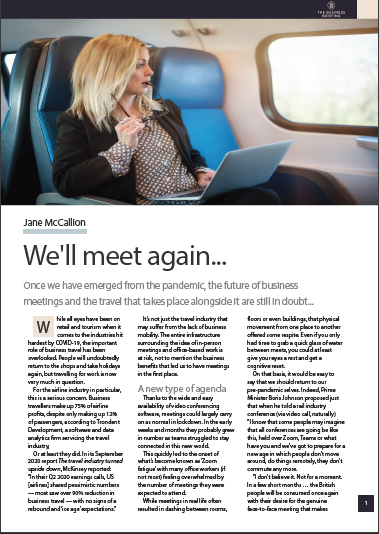 We'll meet again: The future of business meetings and travel are still in doubt
We'll meet again: The future of business meetings and travel are still in doubtWhitepapers Sample our exclusive Business Briefing content
By ITPro
-
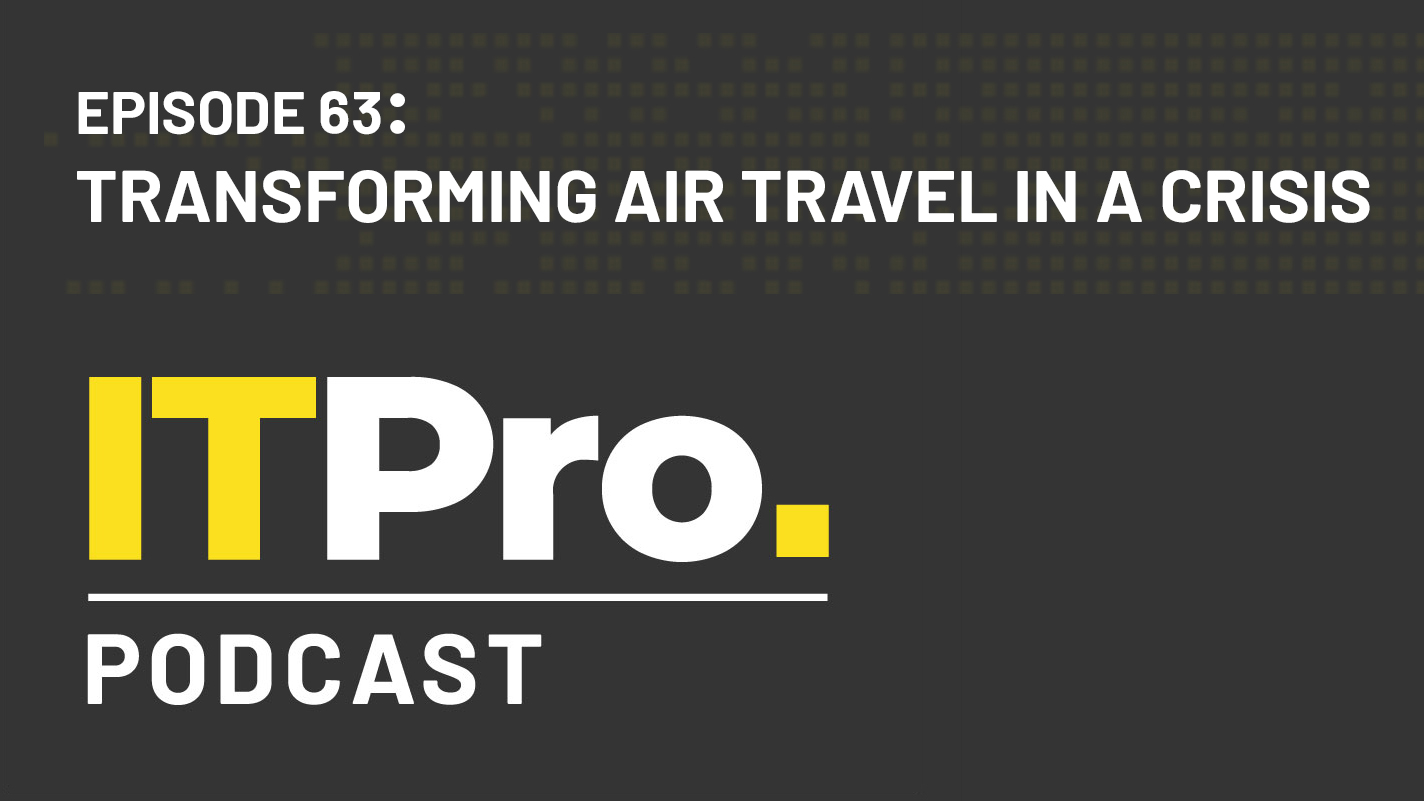 The IT Pro Podcast: Transforming air travel in a crisis
The IT Pro Podcast: Transforming air travel in a crisisIT Pro Podcast How the airline industry is using the pandemic to transform its IT
By IT Pro
-
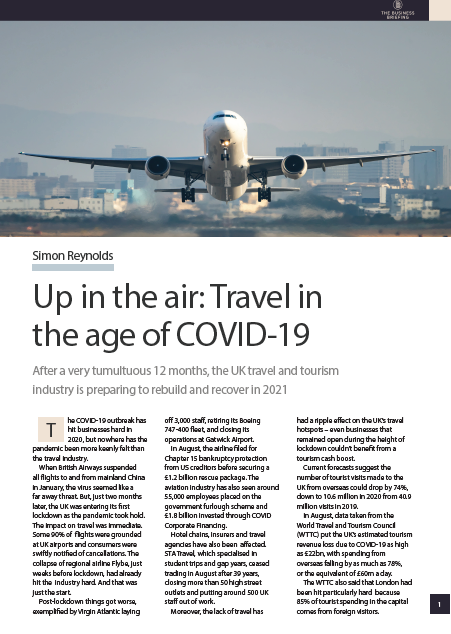 Up in the air: Travel in the age of COVID-19
Up in the air: Travel in the age of COVID-19Whitepapers Sample our exclusive Business Briefing content
By ITPro
-
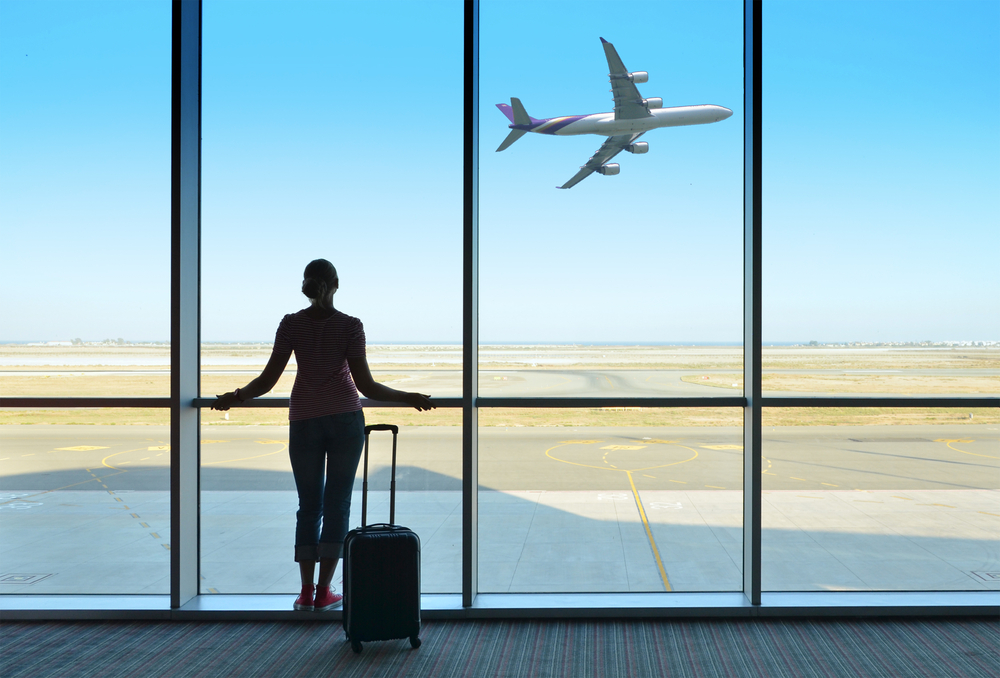 How to manage your work/life balance when away on business
How to manage your work/life balance when away on businessIn-depth Nothing messes with 'you time' more than business travel, but here are a few things you can do to maintain your work/life balance
By Bobby Hellard
-
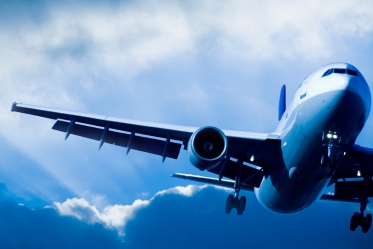 Airport check-in delays caused by 'network issue'
Airport check-in delays caused by 'network issue'News Spanish software giant Amadeus's outage plagues airlines around the world
By Joe Curtis
-
 Cisco wants to put superfast Wi-Fi on trains
Cisco wants to put superfast Wi-Fi on trainsNews ScotRail will trial 300Mbps on-board internet until March 2018
By Clare Hopping
-
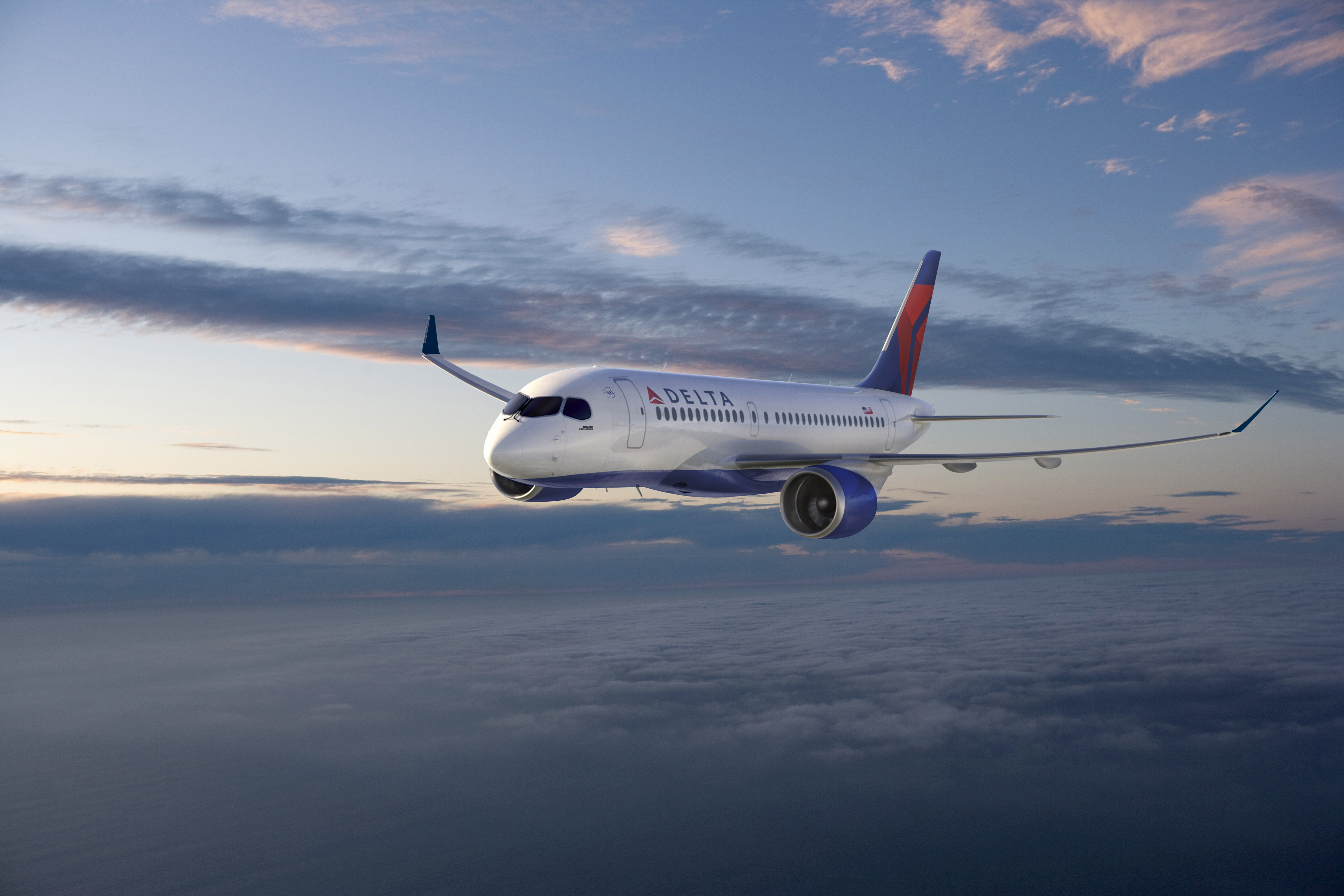 Delta CEO apologises to customers following systems meltdown
Delta CEO apologises to customers following systems meltdownNews A power outage was to blame for flight cancellations
By Joe Curtis